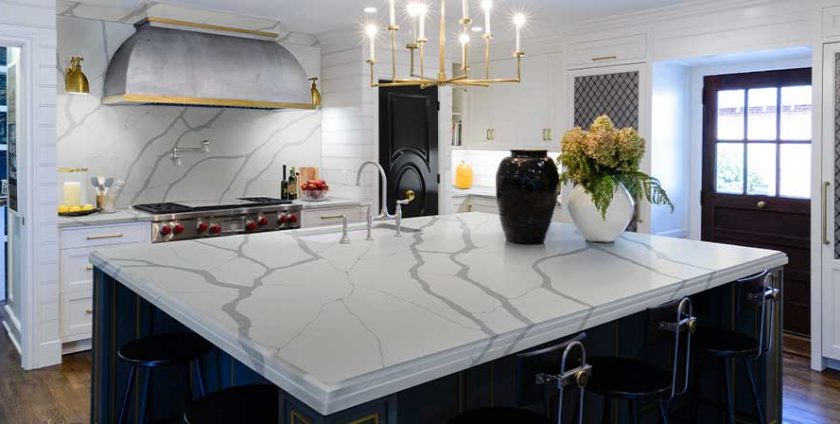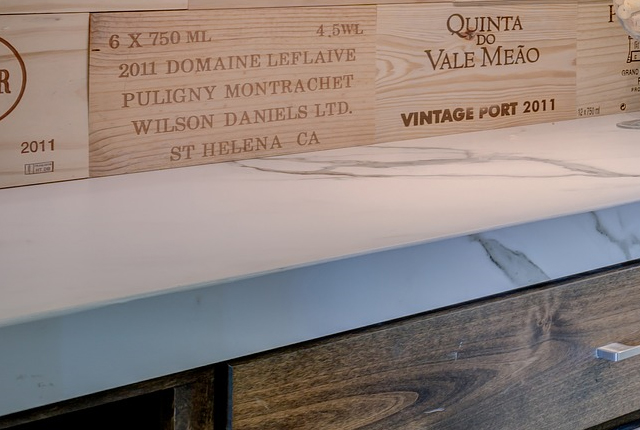
- By: Jason Wong
- Tags: any good house contractors to recommend, Best Quality Quartz Countertops, Black Boutique Top, Boutique Counter Design, Boutique Counter Desk, Boutique Counter Display, Boutique Counter For Sale, Boutique Counter Ideas, Boutique Counter Table, Boutique Countertops, boutique stone specialist, boutique stone specialist sg, boutique stone specialist singapore, Boutique Top Brands, Boutique Top Deck, Boutique Top Design, Bridal Boutique Counter, buy countertop, caesarstone, Caesarstone Quartz Countertops, Caesarstone Quartz Countertops Care, Caesarstone Quartz Countertops Pricing, Caesarstone Quartz Countertops Reviews, change kitchen tops, cheap and good kitchen contractor, countertop catalogue, countertop discount, dekton countertops pros and cons, Fashion Boutique Counter, heat resistant countertop, interior design for kitchen, kitchen cabinets top brands, kitchen renovation singapore, kitchen revamp, maintenance free countertops, marble quartz countertops, Quartz Countertops Bathroom, Quartz Countertops Brands, Quartz Countertops Cleaning, Quartz Countertops Colors, Quartz Countertops Cost, Quartz Countertops Cost Per Square Foot, Quartz Countertops Discount, Quartz Countertops Edges, Quartz Countertops For Kitchens, Quartz Countertops For Sale, Quartz Countertops Gray, Quartz Countertops Heat Resistance, Quartz Countertops Images, Quartz Countertops In Bathrooms, Quartz Countertops Information, Quartz Countertops Installation, Quartz Countertops Installed Price, Quartz Countertops Joints, Quartz Countertops Jumbo Slabs, Quartz Countertops Kitchen, Quartz Countertops Look Like Marble, Quartz Countertops Maintenance, Quartz Countertops Near Me, Quartz Countertops Online, Quartz Countertops Or Granite, Quartz Countertops Pictures, Quartz Countertops Problems, Quartz Countertops Pros And Cons, Quartz Countertops Sale, quartz countertops sinks, Quartz Countertops Thickness, Quartz Feature Wall, quartz slab for sale, quartz stone dining table singapore, reliable kitchen contractor singapore, replacement kitchen tops, Retail Countertop Display, Retail Countertop Display Racks, Retail Countertop For Sale, Retail Countertop Materials, silestone, silestone singapore, top for kitchen cabinet, where to buy countertops singapore, where to buy good countertops, where to buy quartz countertops
- Category: Quartz, Home Improvement, Home Renovation
- 0 comment
You may have heard various opinions about the benefits and drawbacks of Quartz countertops. Some people praise it as a superb choice, while others criticize it to the point of making people feel foolish for considering it.
Putting aside business propaganda and marketing biases, the truth is that the best countertop material for you depends on your lifestyle and aesthetic preferences. Whether it’s quartz, granite, or solid surface, it’s important to consider both the advantages and disadvantages of each option before making a decision.
Interested in Quartz? Check out some Quartz related Articles:
Top Quartz Brands Comparison You Should Never Miss in 2024
Granite vs Quartz Countertops: Which One is Best For You?
10 Other Areas Quartz Performs Perfectly Well Besides Kitchen Countertops
6 Essential Tips on How To Care for Quartz Countertop
Sensa Granite: Natural, Stunning, and Mostly Maintenance Free
Quartz Countertops: Where Luxury Meets Unmatched Durability
Although the name “Quartz” might make you think of natural stone, the type of quartz we’re referring to is actually an engineered composite. This material is created by combining a high percentage of crushed quartz (usually around 90 to 94%) with a binding polymer resin.
The resulting composite has the best qualities of natural stone and synthetic materials, such as solid surfaces and laminates. With that in mind, let’s look at the primary advantages and disadvantages of using quartz countertops.
1. Enjoy Peace of Mind: Non-Porous Countertops for a Germ-Free Kitchen
Quartz countertops are made of crushed quartz bits held together by resin. Unlike natural stones, they have a smooth surface without microscopic pores. The resin fills out all the gaps and makes the surface very resistant to stains. Unlike natural stone, liquids and pigments won’t seep in and cause a mess. Additionally, cleaning is easier since any mess or spills can be wiped off the smooth surface.
It’s worth noting that non-porous quartz countertops possess highly antimicrobial properties, which is a crucial characteristic when it comes to hygiene. Since there are no gaps or spaces (pores) for microorganisms to attach to, it significantly restricts their ability to thrive and form colonies.
Several common bacteria, like Staphylococcus aureus (which can be found living on your skin!), produce dangerous toxins that are challenging to eradicate. Therefore, it’s undoubtedly in your best interest to prevent their growth in the first place.
In the worst-case scenario, pores can trap fluids in between a solid surface, creating an optimal habitat for many common types of bacteria to build biofilms. This is a real problem as biofilms protect bacteria, making it a million times more challenging to eliminate them than it should be.

Dangerous Bacteria That Get Trapped In The Cracks Of Natural Stone.
Image via Pexels
2. Cook with Confidence: Heat-Resistant Countertops Up to 204°C
When compared to other synthetic-based options like solid surface and laminate, quartz countertops are not prone to bending or warping when exposed to hot objects. Furthermore, burn marks on quartz countertops can be fixed by sanding down the surface.
However, this isn’t the case with solid surface or laminated countertops. These materials would have popped and sizzled into an unsalvageable mess, and replacement would be the only option.
3. Long-Lasting Beauty: Quartz Countertops Resist Scratches for Everyday Use
Quartz countertops are made mostly of hard quartz mineral, which can dull knives and other sharp metal objects before it can scratch. However, the resin used in quartz countertops is soft and vulnerable.
But since very little of it is exposed on the surface, it is unlikely to scratch except under extreme conditions. Quartz countertops are much more durable than solid surface countertops, which easily get scratched and cut.
4. Peace of Mind in the Kitchen: Quartz Countertops Resist Everyday Impacts
Quartz countertops exhibit greater durability to cracking due to impact compared to granite, thanks to the polymer resin in between the crushed quartz. Flexible and elastic, the resin serve as shock absorbers that disperse the energy from an impact before it reaches the hard but brittle stone – the same properties that make Kevlar so resistant to high-speed projectiles.
In addition, the granules of crushed quartz in the flexible resin polymer matrix provides even more “give” that further helps disperse high energy impulses which would otherwise be destructive to the surface.

Quartz Countertops Are Very Durable – Perfect For Everyday Indoor Use, Particularly The Kitchen.
Image via Pexels
Quartz Countertops: Potential Drawbacks and Dealbreakers
If there is one often recurring theme in everything is that there’s always some give and take. While the polymer resin filling in quartz countertops contributes to many of its advantages, it is also the cause of most of the failings. Below are the main disadvantages of quartz countertops:
1. Quartz Countertops: Beautiful But Budget-Breaking
Probably the first thing anyone will notice is the price tag. Costing just a little less than granite (18% less), and significantly more expensive than solid surfaces (54% more) or laminate (270% more), quartz countertops are quite expensive. Nevertheless, its durability, ease of maintenance and hygiene benefits makes up for its price.
2. Avoid Sun Damage: Quartz Countertops Thrive Indoors
Although great at holding up in a kitchen environment, quartz countertops aren’t the best choice for outdoor use. Prolonged exposure to the elements will quickly fade as the polymer resin and colour pigments react to sunlight and chemicals in the rain and air.
It is also more likely to get scratched as conditions are a little less controlled outside of an indoor environment. While that isn’t to say that quartz cannot be used outdoors, there are simply better options to choose from, such as granite, stainless steel or even concrete.
3. Understanding the Heat Limitations of Quartz Countertops
While quartz countertops won’t melt or warp like solid surfaces, putting hot objects directly on them can leave burn marks or discolouration.
Using a pad or trivet is a great way to avoid damaging your surfaces, but sometimes you may forget to use them. Additionally, what if an emergency arises, such as a child climbing out the window? In such cases, there may not be enough time to search for a trivet.
There are many pros and cons to all the countertop materials. We have an instant price checker that lets you know the industrial price of a countertop, click here. If you have any more inquiries, please do not hesitate to contact us.
Which natural stone is actually the best option for the kitchen countertop? Check out this to know 8 Pros and Cons of materials used in making the countertop.
